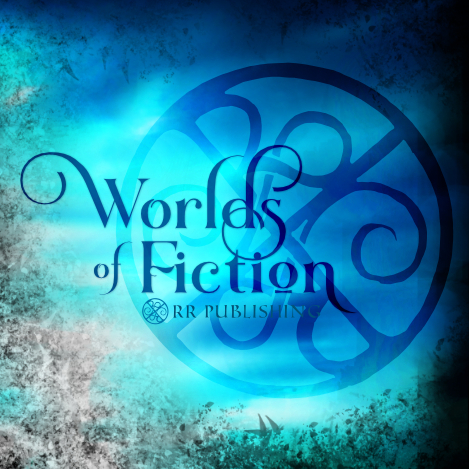
In the indie publishing world it doesn’t take much to feel overwhelmed, and for some this means giving up before ever truly starting. It doesn’t matter if you’ve barely written a page of your book or have finished it (even going so far as to have it edited and uploaded to your preferred publishing avenue), there always seems to be more to do! I’m here to encourage you to keep at it regardless of where on the journey you find yourself.
Whenever I feel overwhelmed with a new stage of writing or publishing my work I break it down into smaller, more manageable chunks, which sounds easy enough but can occasionally be a difficult thing to accomplish.

For today, here’s a first step to not getting overwhelmed:
- If you haven’t done it yet, write down your motivation/goal/desired outcome for writing and publishing a book. What do you want to accomplish? Questions to ask yourself:
- Is it to know I’m capable?
- Is it to share a story with/about my family and/or friends?
- Do I want to do this professionally or as a hobby?
- Is it just for me?
- Do I want to make an ebook only?
- Do I want print books only?
- Do I want to make ebook and print books?
- Do I want strangers to buy and read my books?
Once you’ve figured out your overall goal then you can start breaking it down into smaller steps to accomplish little by little.
If your plan involves publishing your work there is only one should possibly-do-it maybe if-you-want-to must item I will give you: for indie publishing never ever be the only editor of your own book, even for proofing! You will miss things every time, guaranteed (that is unless you are a super wordinator from the planet Wordus Perfectus).
You might have off-the-charts grammar and spelling skills, are known to edit for your friends, and/or work with the written word on a daily basis, but even you may fall prey to the–duh-duh-duhhhhh–invisible error! Of course, it’s only invisible to us, while to our dear readers it can be a glaring, blaring zit on the beautiful face of our story. There’s a certain acceptable margin for error, but like mice if there’s one there’s always more. And let’s face it, for most of us it’s actually really helpful to have at least one extra pair of eyes read our work before presenting it to the world.
In my previous post, Beta What? Why Indie Authors Don’t Live in a Vacuum, there is some helpful information on getting into writing groups and finding readers who will critique and help you improve your work before publishing. While beta readers can often offer a lot of assistance in catching typos, spelling, and grammar, it is still important to find someone who has a devoted understanding of the written word to help polish your prose. So as not to overwhelm you today I’ll be putting together a post about the different types of editing services and get some links to the ones I have previously researched available to you, too. But today is all about setting your goal!
When I first started writing in earnest I had no goal in mind except to get the story out of my head and onto the paper (and screen). I was so secretive about it I didn’t even tell my family I was writing a novel for over a month. It was ‘just for me’ at that point, but it didn’t stay that way. Morphing goals is fine! But don’t get overwhelmed by the big picture.
Think of breaking your goal down like taking bites of food. There is the old adage, never bite off more than you can chew, and that applies here. It doesn’t mean don’t have a goal as big as the largest round of cheese in the world, but it does mean, don’t try to finish it off in one bite.
Or maybe you can identify with this foodie example. Pet peeve of mine: chewing with the mouth open (and this includes gum, people!). Okay, so what’s the analogy here? When one of my kids takes a huge bite he can’t close his mouth, and inevitably food is falling back out into a mash of mush and messed up confusion, he’s choking on it, or he’s getting in trouble with Mom for chewing with his mouth open. None are pretty pictures.
What I’m saying is fairly straightforward: look at your writing/publishing (plate) and cut the publishing process (lasagna) into bite size pieces that aren’t going to (fall out and make a mess, or worse) choke you!
If you’re struggling I want to help. So, today just start by writing down your overall goal for writing and publishing. Once you’ve got that figured out then we can talk bits and pieces.
We’ll discuss more about the process of self-publishing, what all those little bits and pieces look like. And together I hope we can accomplish some amazing indie authoring goals!
Next time we’ll talk about making your publishing goal manageable by reviewing a simple breakdown of the main things involved. But I’m curious. What is your publishing goal?

Please leave a comment, question, or idea! I’d love to chat!